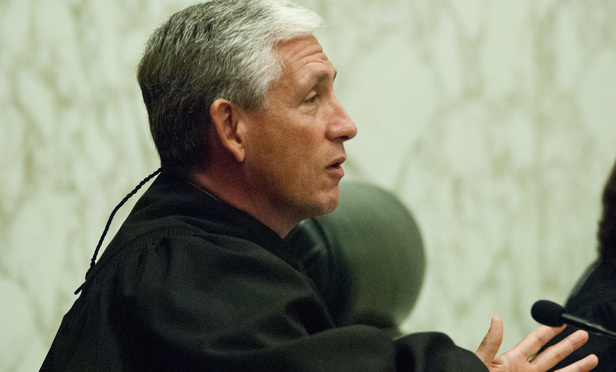The Supreme Court of Georgia on Monday said that workers employed by businesses and other third parties to perform in-home personal care services for the elderly, infirm, or medically homebound are not exempt from the state’s minimum-wage law.
The high court’s ruling, penned by Justice David Nahmias for a unanimous court, opens the door for thousands of workers who deliver in-home care across the state to seek back and future wages for the time they spend traveling between job assignments, said Marc Howard, a partner at Atlanta’s Pope & Howard and an attorney for the plaintiff workers. Because those employees are not paid to commute between homes where they provide care, their attorneys contend that the workers are not paid for all the hours they work and, as a result, their pay averages less than minimum wage.
This content has been archived. It is available through our partners, LexisNexis® and Bloomberg Law.
To view this content, please continue to their sites.
Not a Lexis Subscriber?
Subscribe Now
Not a Bloomberg Law Subscriber?
Subscribe Now
LexisNexis® and Bloomberg Law are third party online distributors of the broad collection of current and archived versions of ALM's legal news publications. LexisNexis® and Bloomberg Law customers are able to access and use ALM's content, including content from the National Law Journal, The American Lawyer, Legaltech News, The New York Law Journal, and Corporate Counsel, as well as other sources of legal information.
For questions call 1-877-256-2472 or contact us at [email protected]



